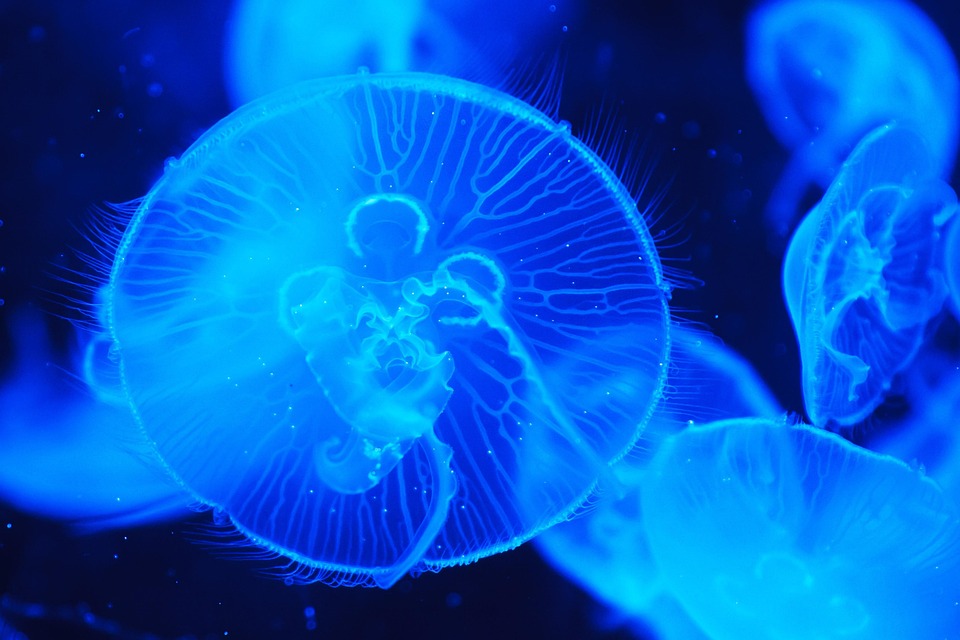Essential Marine Biologist CV Template: Crafting an Impressive Resume for Your Career
Navigating the seas of career opportunities as a marine biologist can be a thrilling yet daunting task. Your CV, that vital document, serves as the first impression to potential employers. It’s not merely a list of qualifications; it’s your personal narrative, showcasing your passion for marine life, your academic achievements, and your hands-on experience in the field. Here’s how to construct a CV that stands out in the competitive world of marine biology.
1. Personal Information and Contact Details
Begin with the basics—your name, phone number, email address, and LinkedIn profile (if applicable). It’s crucial to present this information clearly and professionally. Avoid unnecessary embellishments; simple formatting works wonders. Remember, clarity is key.
2. Crafting a Compelling Personal Statement
This section is your opportunity to shine. A personal statement should encapsulate your career ambitions, your enthusiasm for marine science, and what makes you unique. Aim for a concise paragraph, around 3-5 lines, that leaves the reader wanting to know more about you. For instance, “A passionate marine biologist with a penchant for coral reef conservation, dedicated to applying innovative research methods to preserve aquatic ecosystems.”
3. Academic Qualifications
List your educational background in reverse chronological order. Include the name of the institution, degree obtained, and dates of attendance. It’s vital to highlight any special projects or dissertations that relate to marine biology. For example, if your thesis focused on the impact of climate change on marine habitats, this is your chance to showcase that expertise.
4. Relevant Experience
When detailing your work experience, consider not only job titles and responsibilities but also the skills you acquired. Use bullet points for clarity, ensuring you demonstrate your contributions and achievements. Include internships, research positions, volunteer work, or even relevant summer jobs. If you’ve conducted field research or participated in marine conservation projects, don’t hesitate to elaborate on these experiences—emphasise the skills you honed and the outcomes you achieved.
- Research Assistant at Oceanic Institute (2021-2023)
- Assisted in underwater surveys, collecting data on marine biodiversity.
- Collaborated with a team to analyse the effects of pollution on local fish populations.
5. Skills and Competencies
In this section, highlight both technical and soft skills. Proficiencies in data analysis software, laboratory techniques, and fieldwork methodologies are essential, but don’t overlook vital interpersonal skills like teamwork and communication.
- Technical Skills: GIS software, statistical analysis (R, Python), SCUBA diving certification.
- Soft Skills: Effective communicator, strong analytical thinker, adept at problem-solving.
6. Publications and Conferences
If you’ve contributed to scientific papers, presentations, or attended conferences, this is the time to showcase your scholarly efforts. List any publications in peer-reviewed journals, along with relevant details—titles, co-authors, and publication dates. Participation in conferences can further illustrate your dedication to the field, so mention any significant roles, such as presenting your findings or moderating sessions.
7. Professional Affiliations
Membership in professional organisations can enhance your CV. Whether it’s the Marine Biological Association or a local conservation group, these affiliations not only demonstrate your commitment to the field but also expand your network.
8. References
Finally, include references who can vouch for your qualifications and character. It’s often preferable to note that references are available upon request rather than listing them outright. This keeps your CV concise while allowing you the opportunity to inform potential employers about your referees at the appropriate time.
Crafting an impressive CV as a marine biologist requires thoughtfulness and attention to detail. Each section should flow seamlessly into the next, painting a vivid picture of your journey and aspirations in marine science. An effective CV not only showcases your qualifications but also conveys your passion for marine conservation and research.
As you embark on this journey, remember that CVPortal continuously provides a plethora of high-quality CV references to guide you in creating your perfect resume. Dive in, and let your career unfold!


